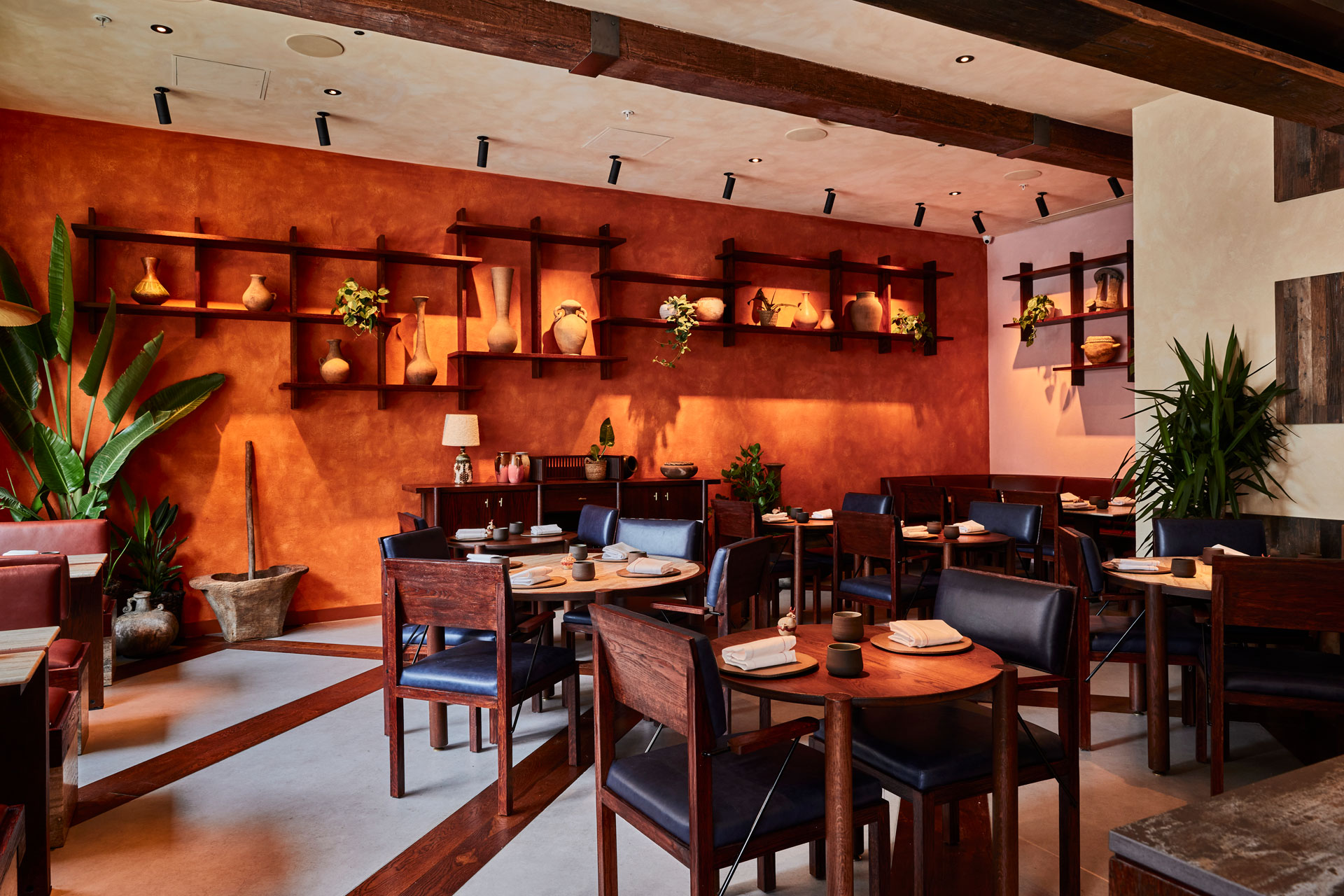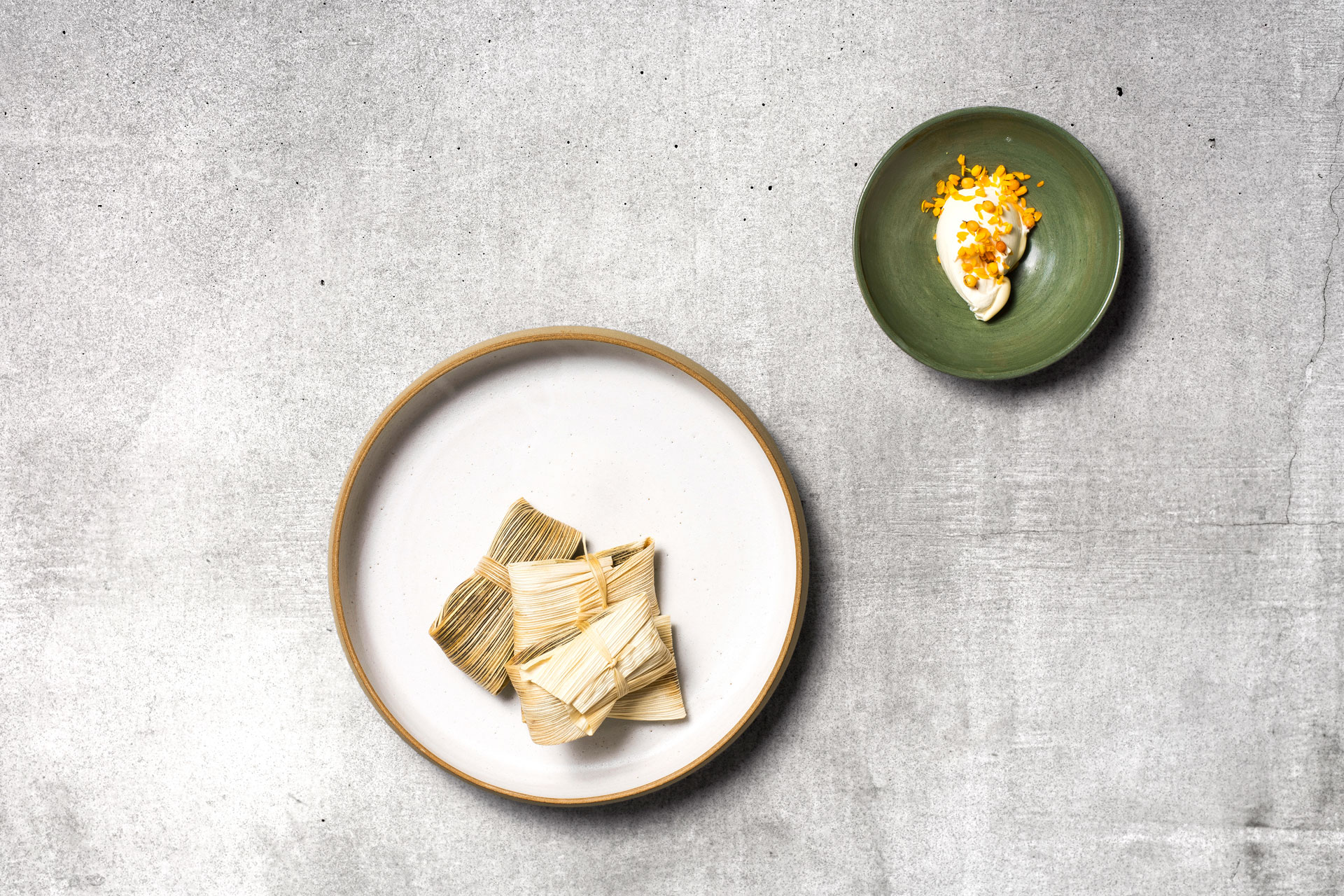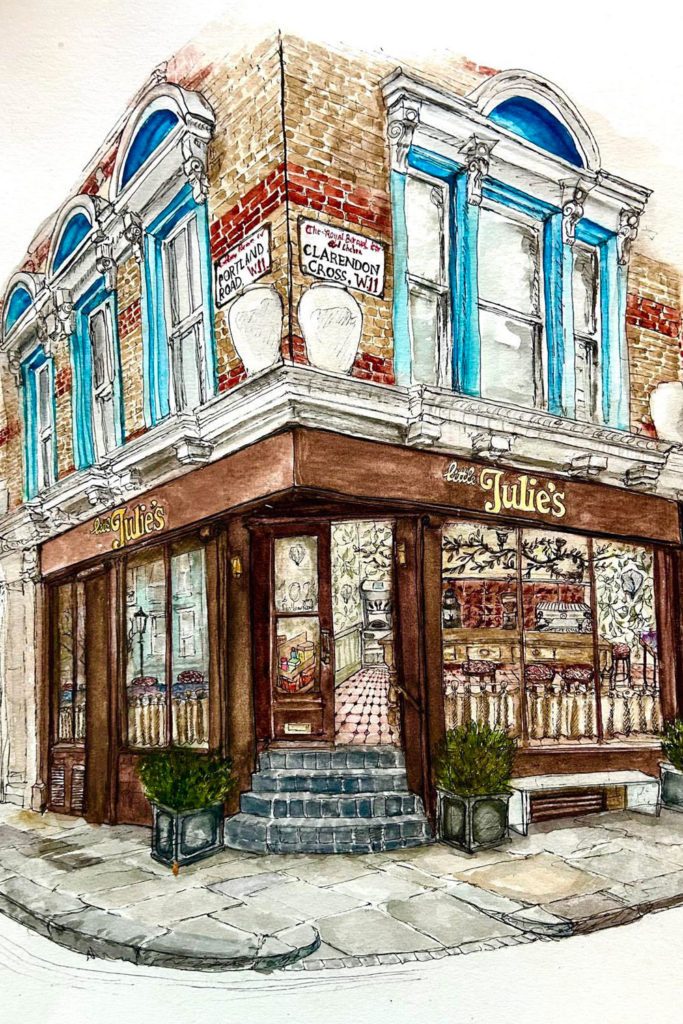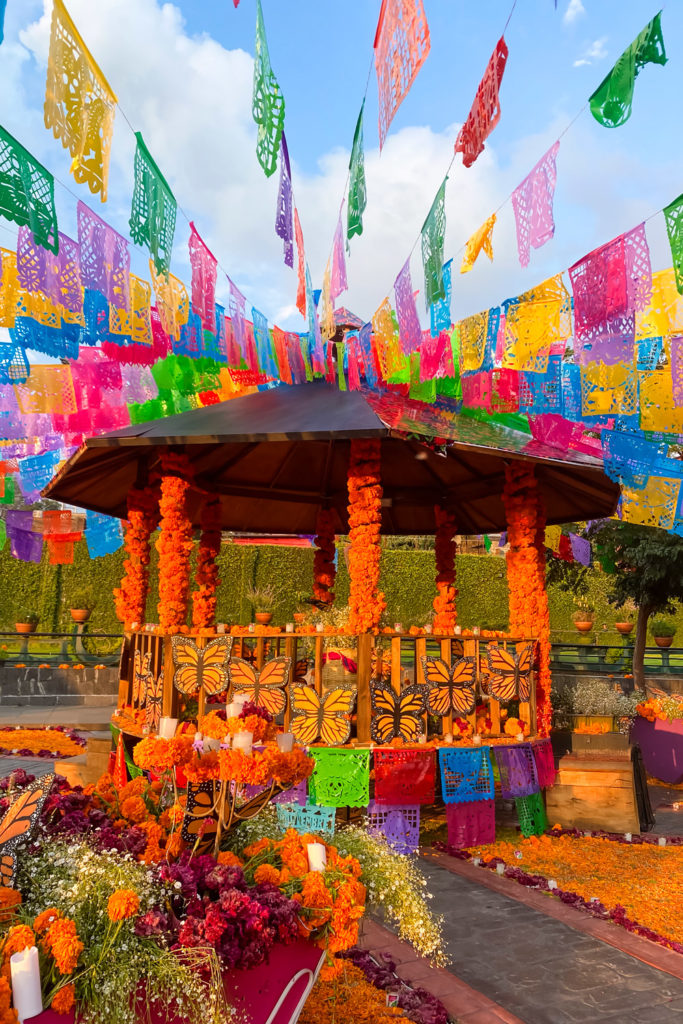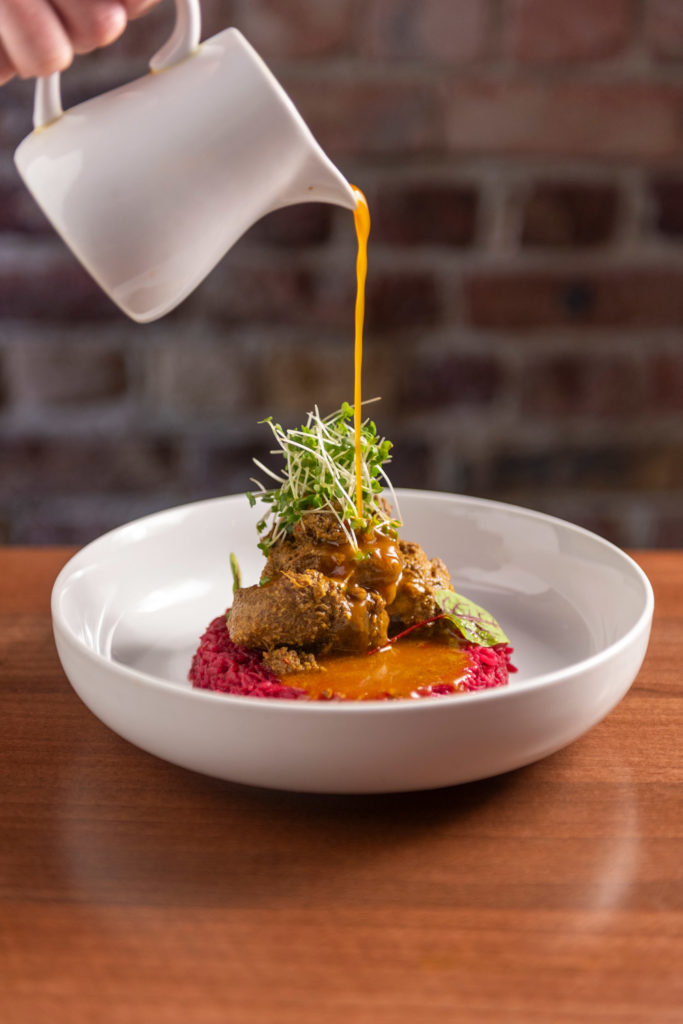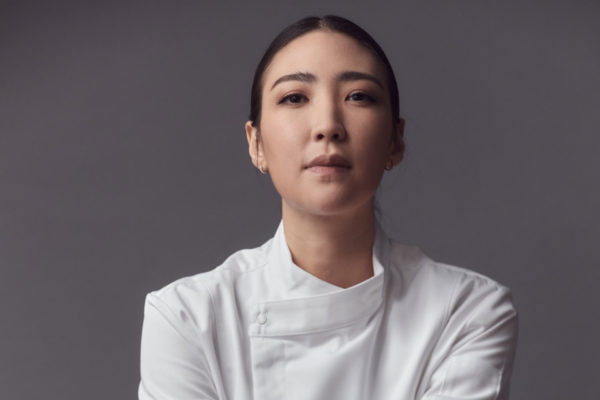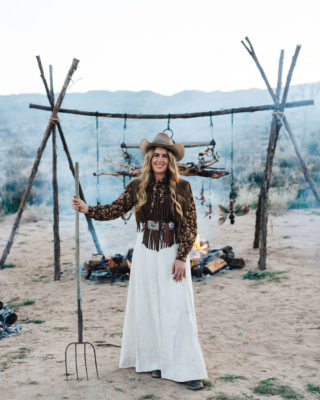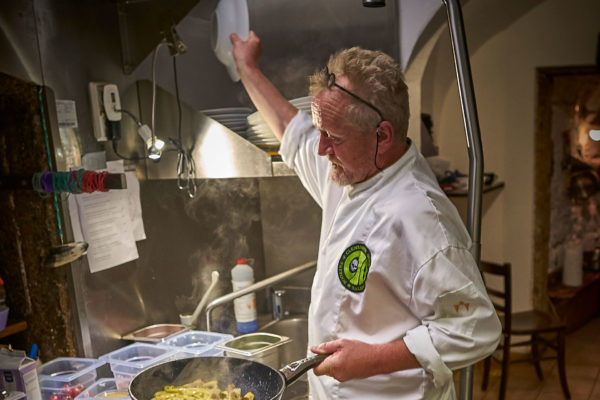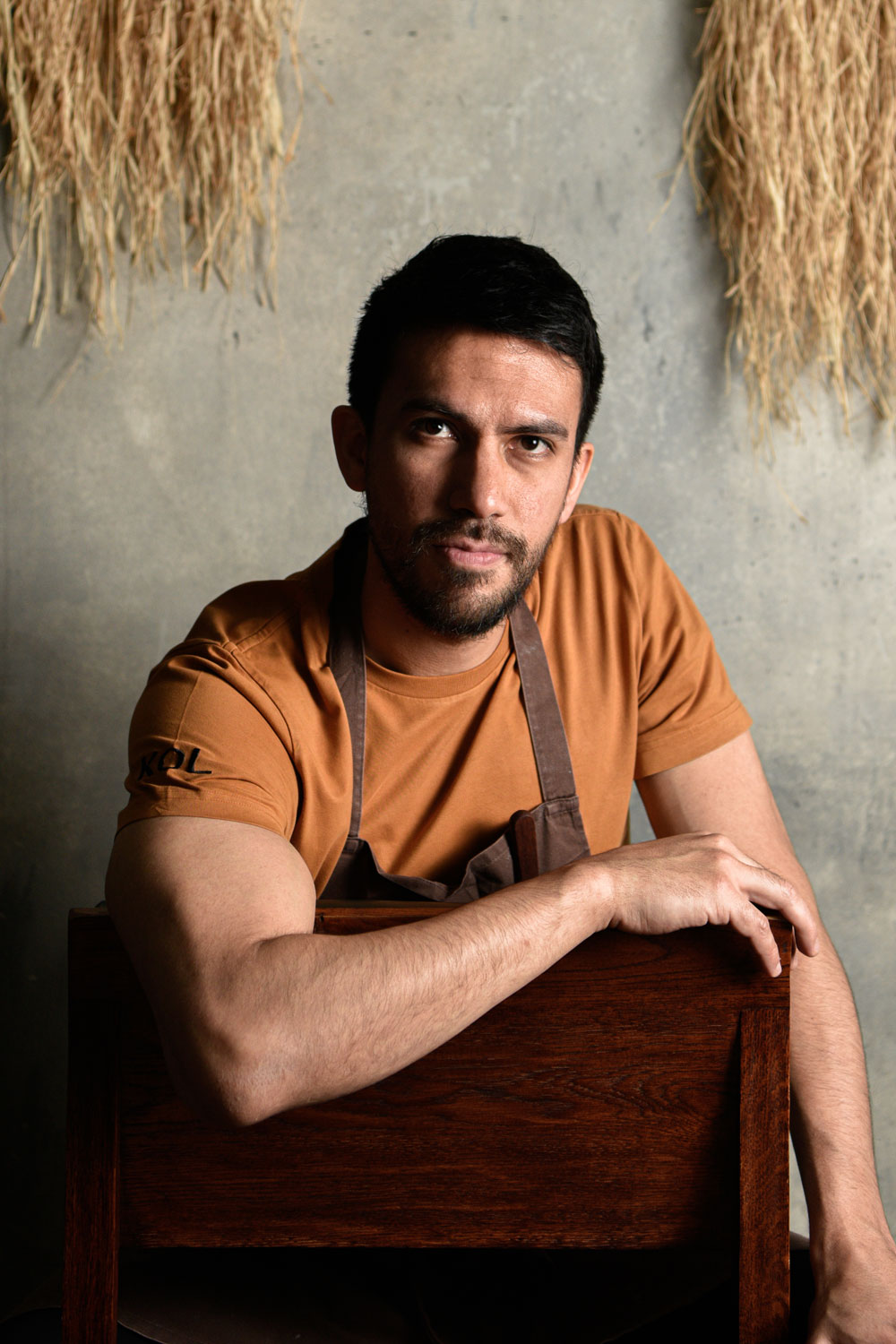
Five Minutes With… Santiago Lastra
By
1 year ago
The founder of KOL talks inspiration, the London foodie scene and more
For the latest in our chef interview series, Jenny Jefferies meets Santiago Lastra, the name behind esteemed Mexican restaurant KOL. Founded in 2020, the eatery was listed in the World’s 50 Best Restaurants list, as well as boasting a Michelin star and three AA rosettes. Lastra celebrates Mexican culture’s vibrancy and rich heritage through a nostalgic lens, using produce sourced from Britain to create a unique and eclectic menu. We find out more below.
Santiago Lastra Interview
The science, technology and history are as much a part of what’s on the plate as the ingredients, inspiration and technique. Which, to you, is the most significant?
I think probably human experiences. The fact of living memories together with other people and the love of sharing love and craft and finding ways to use your craft to make others as happy and excited as possible is, for me, the most powerful thing. Science and technology are important tools. Being good at your craft is also crucial, but to come up with something truly unique you have to go out there and live life to the fullest, making sure that you are surrounded by passionate people not only in your industry, but also from other professions – arts and crafts, to be able to create beautiful things.
Where did your love of food come from?
Since I can remember, I always had a big interest in flavours and eating. But it wasn’t until I was 15 years old that I cooked a recipe from the back of a Ritz cracker box – that started a bigger curiosity in me and I started cooking every recipe I could put my hands on.
How is your love of mathematics similar to cooking?
Maths is about problem solving, it is not necessarily about equations or to be good with numbers; it’s about using creativity to find more than one avenue for a solution, finding the most elegant way to do things, and that type of thinking is crucial in cooking. You need to be creative and flexible but also incredibly refined and a bit of a perfectionist. I think my maths training in my early years has helped me to get where I am today. By applying that type of thinking and the philosophy of understanding – the fact that there’s never only one way to do things – is the same with cooking.
How did the development course at the prestigious Nordic Food Lab in the University of Copenhagen help to inspire you?
I realised that research is really important to come up with new ideas. Normally when you work as a chef you barely have time to do things outside work like reading or researching, which can help you to improve your knowledge and help you have many more ideas. The concept that we currently have in KOL started back then; the idea of using local ingredients inspired with techniques from my own country to bring nostalgia through flavour and to create something new.
What do you love about the London food scene?
London is the capital of the world, and what I love the most about it is the openness that Londoners have to try new flavours. But they also embrace and champion cultures from all around the world. The combination of the amazing ingredients from the UK and the fun, dynamic and open guests makes London the best place to eat and cook in the world right now.
Would you describe yourself as a craftsman or as a researcher?
Craft is the basics: you need to know how to do certain things and understand cooking by doing it repeatedly to be able to think on developing your own style. What we do in KOL is not just food, I believe it is a performance or experience that involves craft, art and research with a vision that is fed by inspiration. When you do creative cooking you design flavours and make dreams reality with the help of your team. KOL is collective work, where so many disciplines are involved, from business to management to leadership, craft, design, branding, teamwork, coaching, research, performance, science, art, inspiration, planning, storytelling, engineering and many other things melt into each other, resulting in a good time.
How does KOL interpret Mexican street food and delicacies found in the country’s indigenous communities?
We mainly focus on memories and things we love about Mexico. The way that we work with the corn masa is a good example of the work we do to represent different types of indigenous cooking and street food. Every dish on the menu has a story of a concept that could have an indigenous heritage or street food or of market cooking; a texture or flavour of a fruit, the way that indigenous foragers put wild ingredients together or the simple experience of having ice cream on Sunday with a spicy syrup with your family. It’s a menu based on nostalgia, of fun memories of travels and research, of our beloved Mexico, blended with the beautiful and truly unique British ingredients.
What are your hopes and dreams for the future?
I hope to contribute to promoting Mexican culture and Mexican food as meaning of quality around the world and make people be more familiar with it. I want to make sure we keep working more responsibly in all that we do, and to take care of our team as much as we can. I feel the responsibility of representing a new generation of chefs that lead their teams with respect, and make working in restaurants a fair and great thing to do. I also want to keep discovering the fascinating world of British ingredients and keep sharing what we learn with our guests. I’m also opening a new restaurant called Fonda later this year where I hope we can get into more people sharing our ethereal love for Mexico.
Find out more about KOL at kolrestaurant.com

